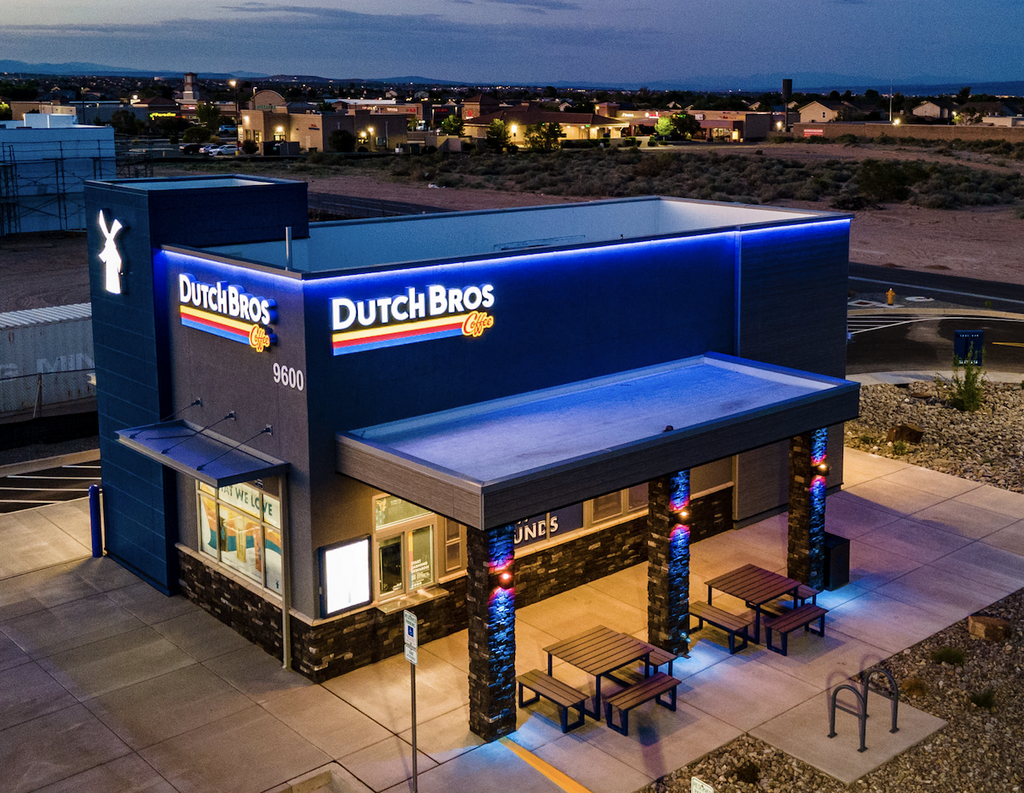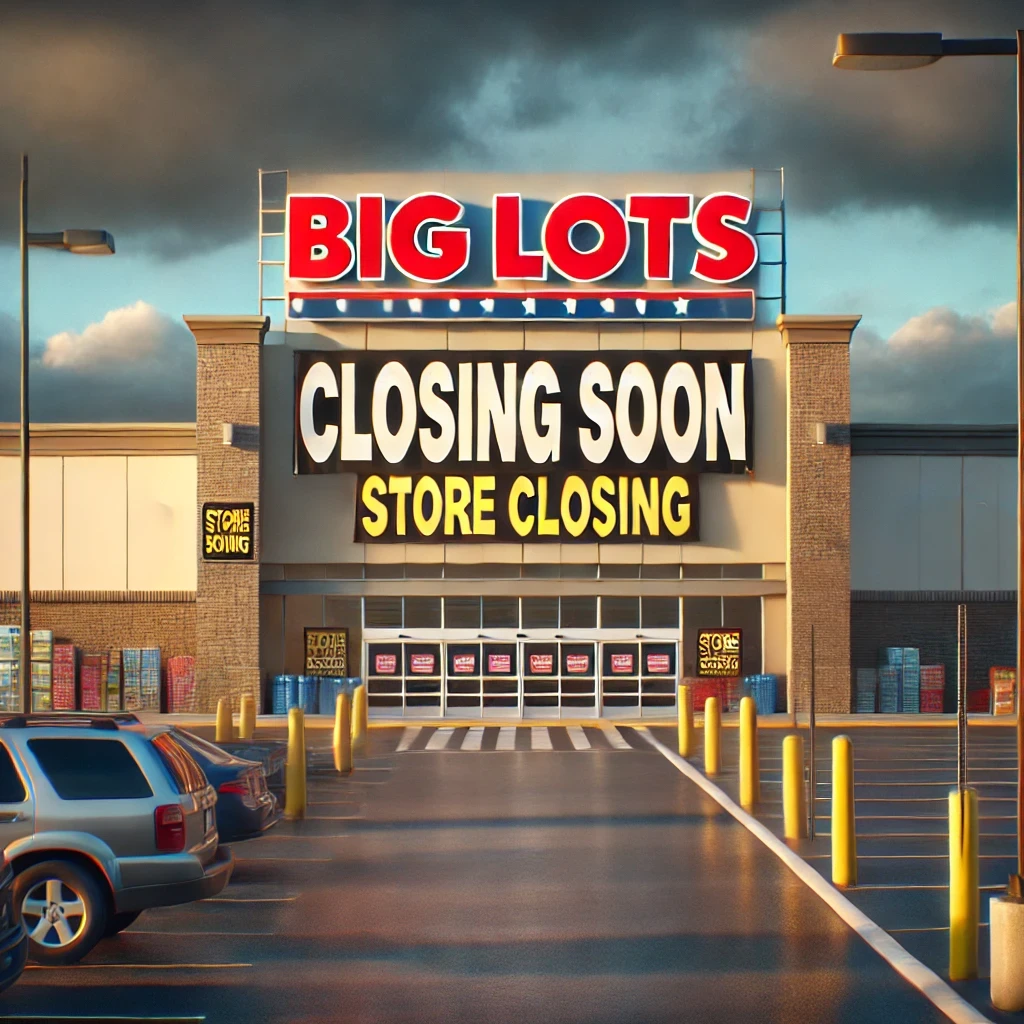
September 10, 2024
Big Lots, the Ohio-based discount retailer, has announced plans to file for bankruptcy as it prepares to be acquired by Nexus Capital Management, a private equity firm with investments in companies like Dollar Shave Club and Toms. The move comes as the company faces mounting financial challenges, including significant declines in sales and an increase in long-term debt.
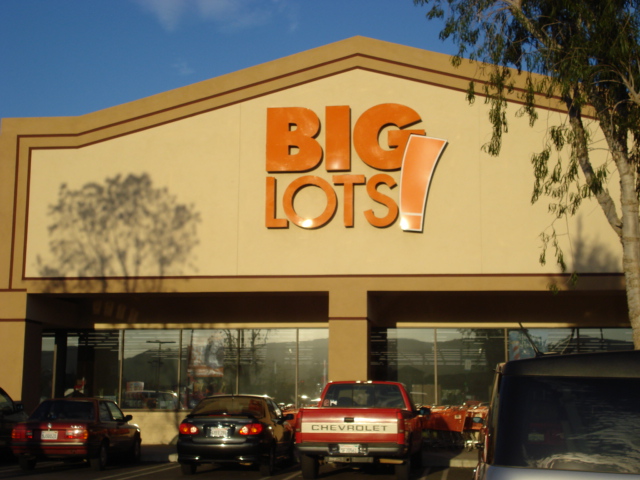
In a statement released on Monday, Big Lots emphasized that Nexus Capital’s acquisition would provide the company with increased financial stability. “Nexus Capital believes in our business and provides the financial stability we need to continue operating,” the company said. However, as part of its restructuring, Big Lots will close up to 315 stores across 48 states, a significant increase from its original plan to shutter 35 to 40 stores earlier this year.
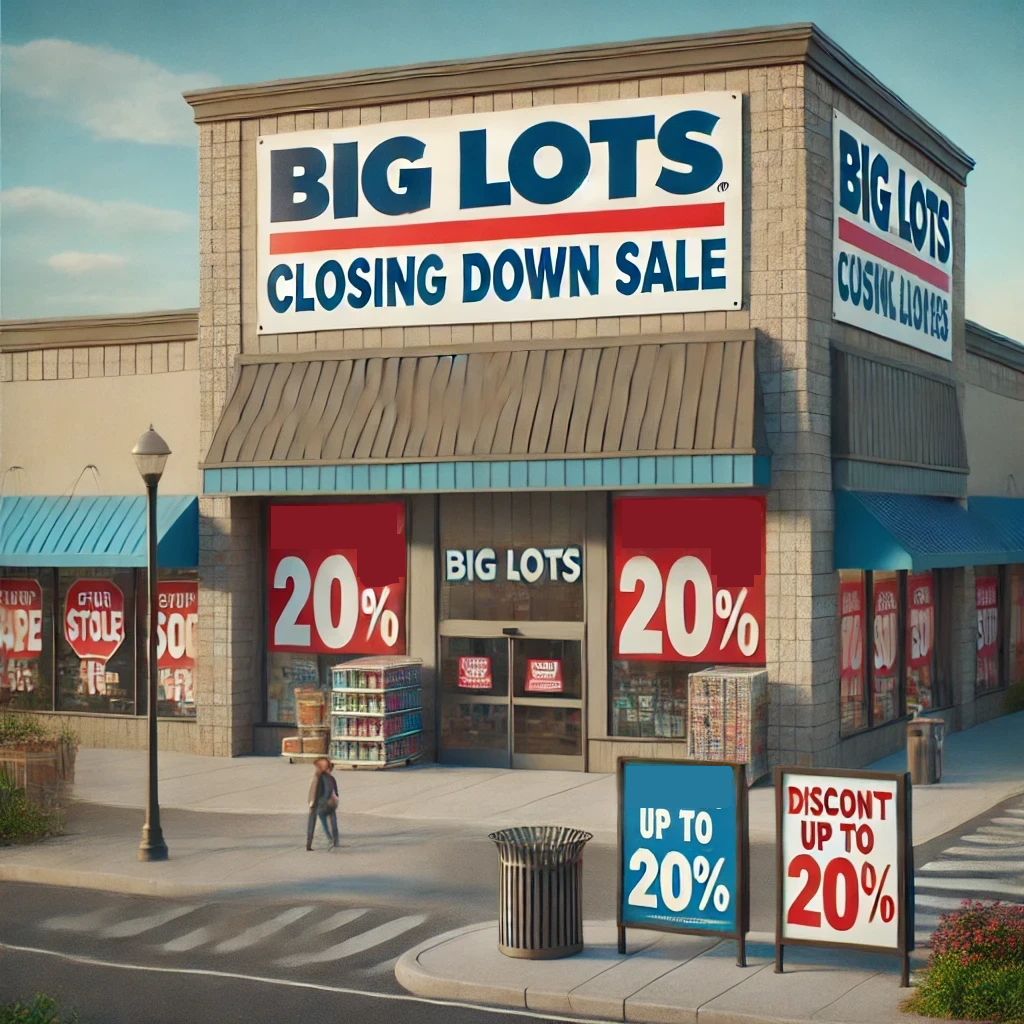
Store Closures and Restructuring Plans
Big Lots, which operates nearly 1,400 stores across the U.S., will need to close hundreds of locations to improve its financial performance. States like Arizona and Florida are particularly hard-hit, with more than half of Arizona’s stores expected to close. In Florida, multiple locations, including one in Orange Park, are also scheduled for closure. These store shutdowns are expected to impact local communities by reducing retail options and resulting in job losses, although the company has stated that employees at affected stores may be offered transfers to other locations.
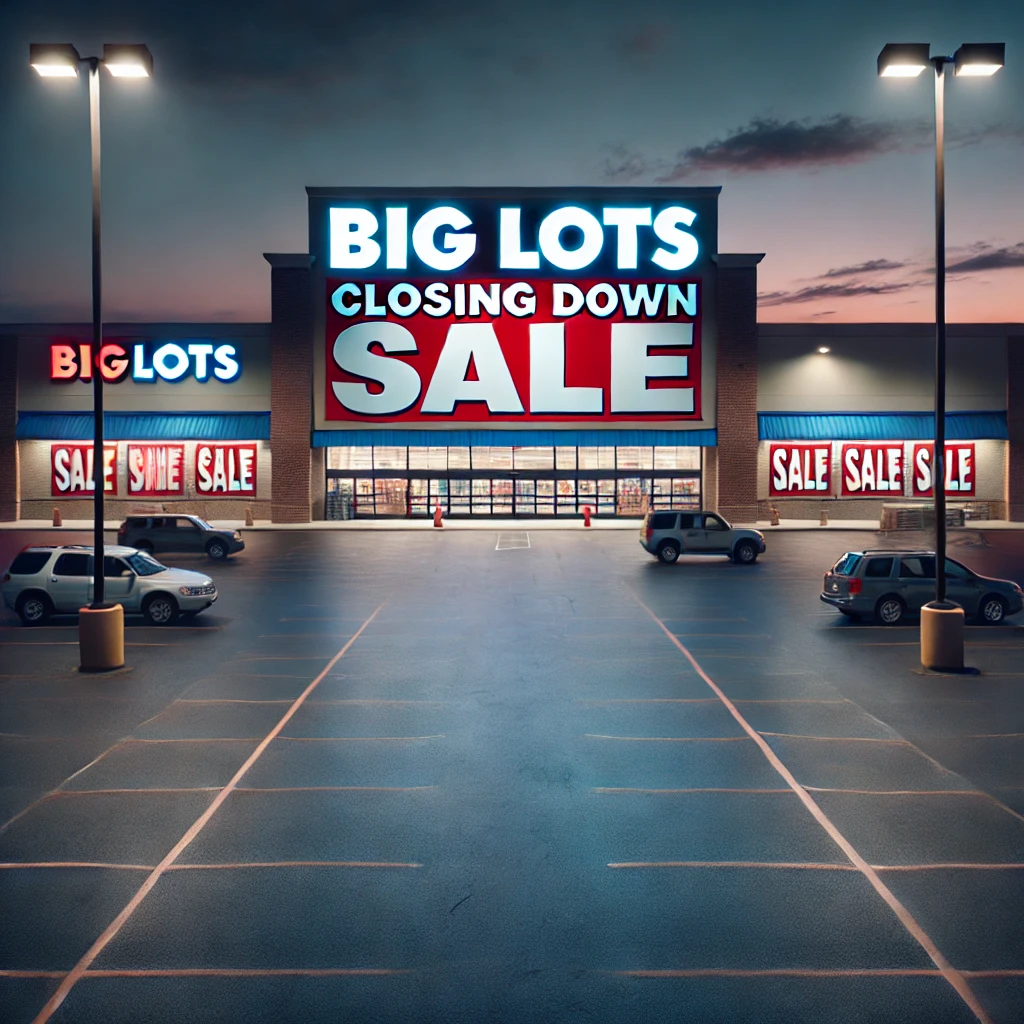
The closures are part of Big Lots’ broader strategy to address declining sales and rising debt. In the first quarter of 2024, the retailer reported a 10.2% decrease in net sales, alongside a rise in long-term debt from $501.6 million to $573.8 million compared to the previous year. CEO Bruce Thorn attributed these challenges to decreased consumer spending on high-ticket items and the broader economic difficulties impacting many retailers in the post-pandemic environment.
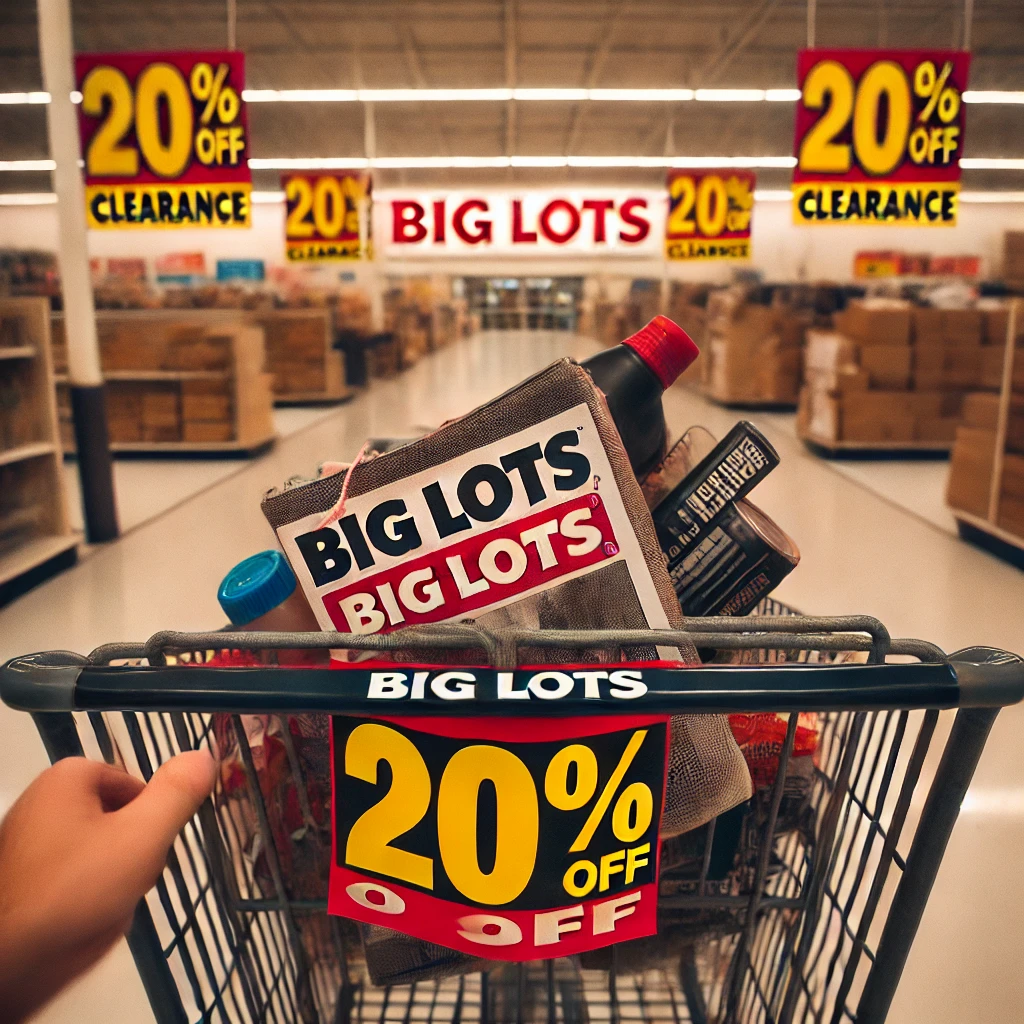
Stock Performance and Financial Struggles
Big Lots’ financial difficulties have been reflected in its stock performance. As of September 6, 2024, the company’s stock closed at $0.49 per share, down more than 94% from its 52-week high of $8.41. The stock price drop underscores the severe challenges the retailer faces as it navigates bankruptcy and restructuring.

Earlier this year, Big Lots issued a “going concern” notice, signaling doubts about its ability to continue operating without significant financial restructuring. The retailer has been exploring various options to improve liquidity, including seeking new loans, but it continues to face uncertainty as it prepares for bankruptcy.
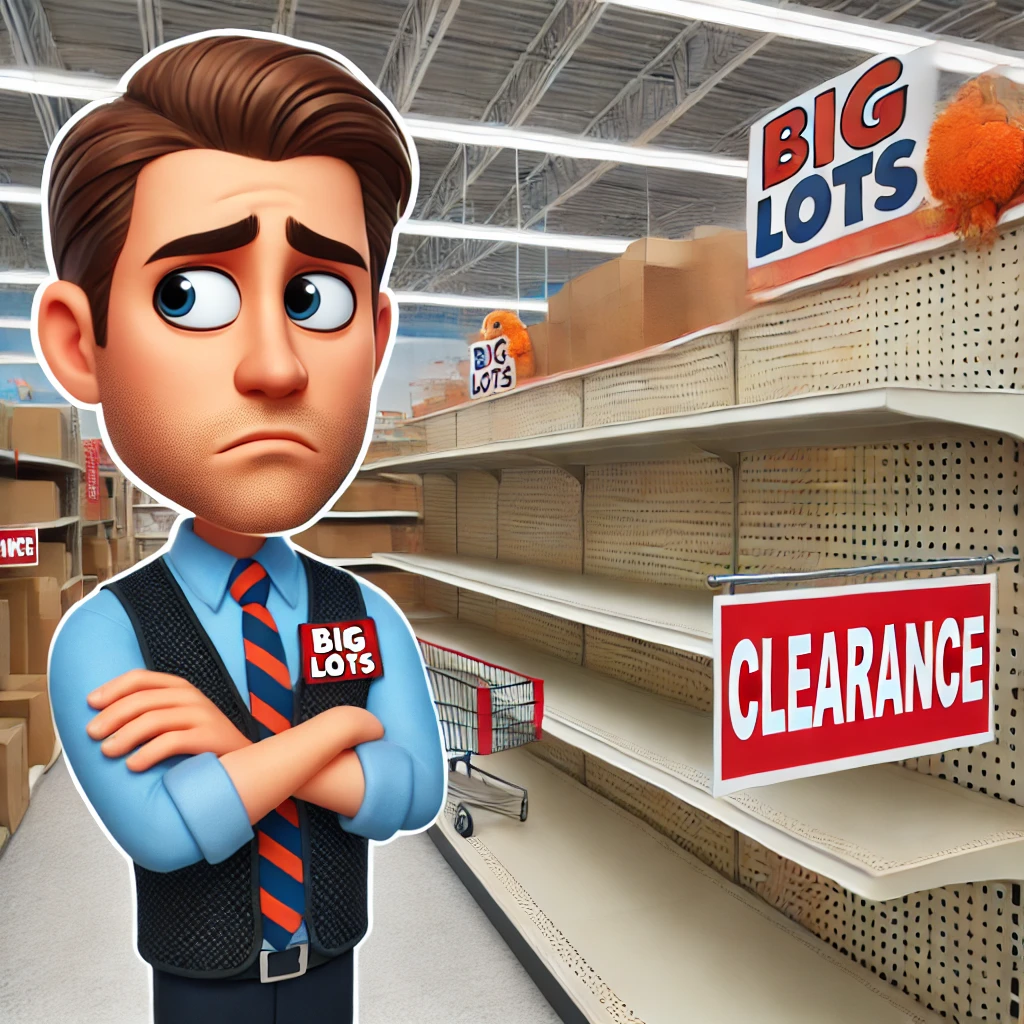
Impact on Consumers
Despite the bankruptcy, Big Lots has assured customers that they will still be able to earn and redeem rewards, use gift cards, and make purchases using store credit cards during the restructuring process. The company also committed to paying its vendors in full once the bankruptcy is filed.
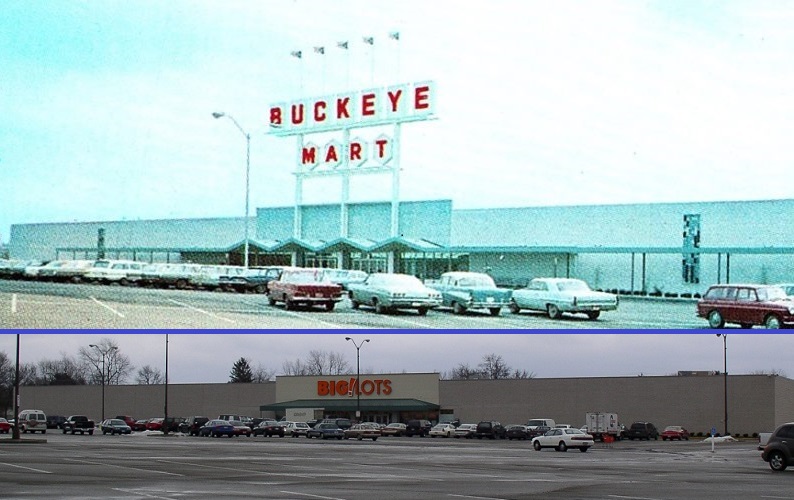
“Taken together, these actions are intended to accelerate our efforts to improve our performance and strengthen our business for the future,” the company said.
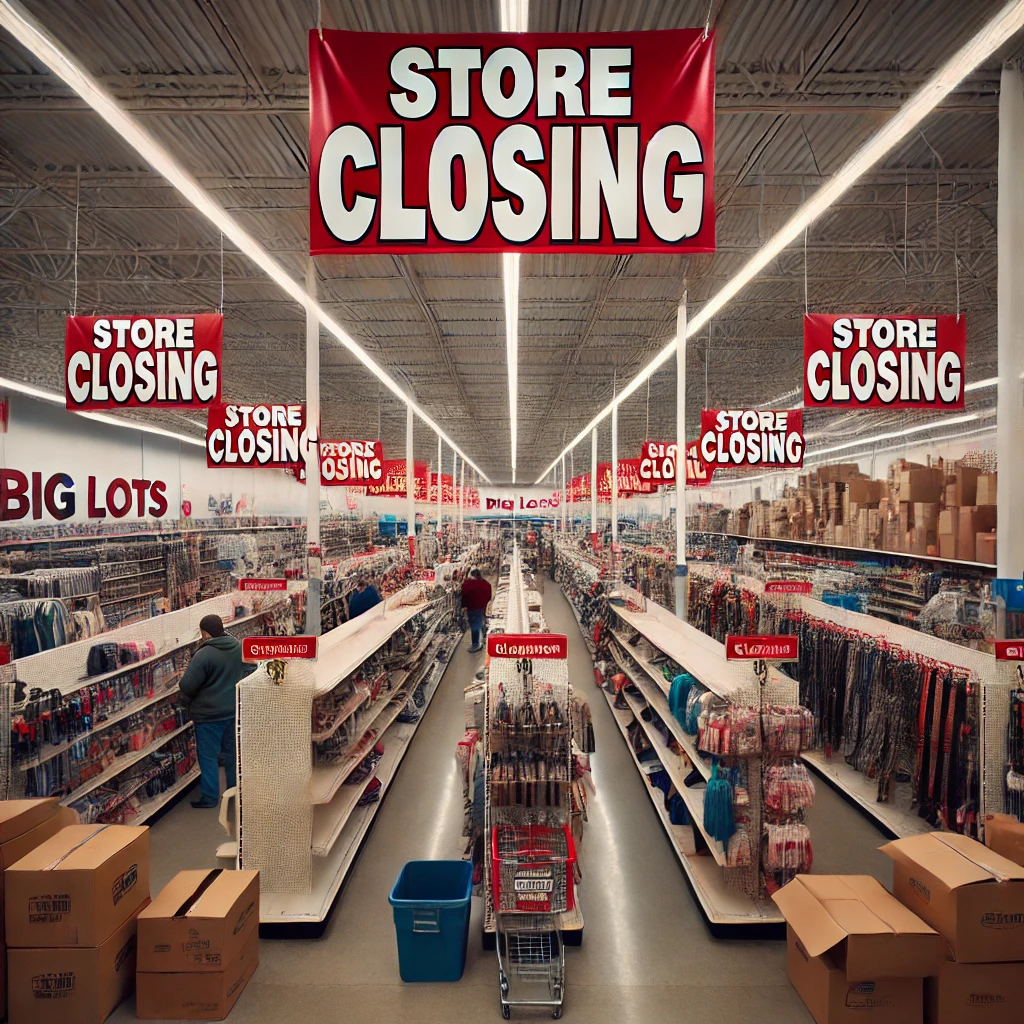
Market Reactions and Outlook
The bankruptcy filing and store closures are part of Big Lots’ efforts to focus on its core business model as a discount retailer. The company plans to return to its roots by offering aggressive pricing strategies and product offerings that align with its bargain-store image. However, with increased competition from e-commerce giants and changing consumer habits, the future of the retailer remains uncertain.
The acquisition by Nexus Capital could provide Big Lots with the resources it needs to stabilize, but much will depend on the success of its restructuring plan and its ability to regain consumer trust in a competitive retail environment.
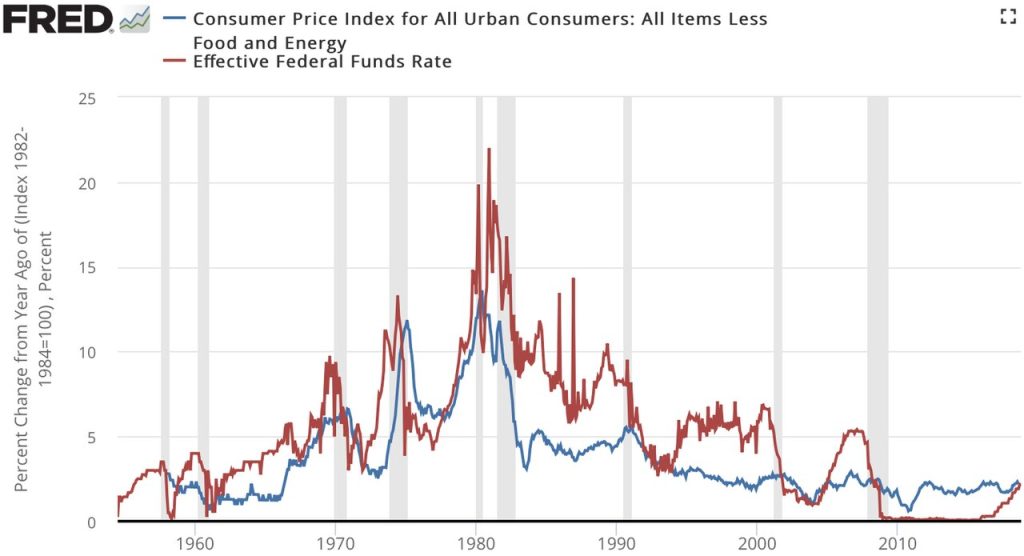
The Broader Industry Context
Big Lots’ challenges are emblematic of the broader difficulties many traditional retailers face in today’s volatile economic climate. Rising inflation, shifting consumer preferences, and the increasing dominance of online shopping have placed immense pressure on brick-and-mortar stores. The fate of Big Lots, including the closure of hundreds of stores, highlights the broader struggles of the retail industry as companies try to adapt to a rapidly changing market.
For now, Big Lots is betting on its ability to bounce back under new ownership and a leaner business model.





